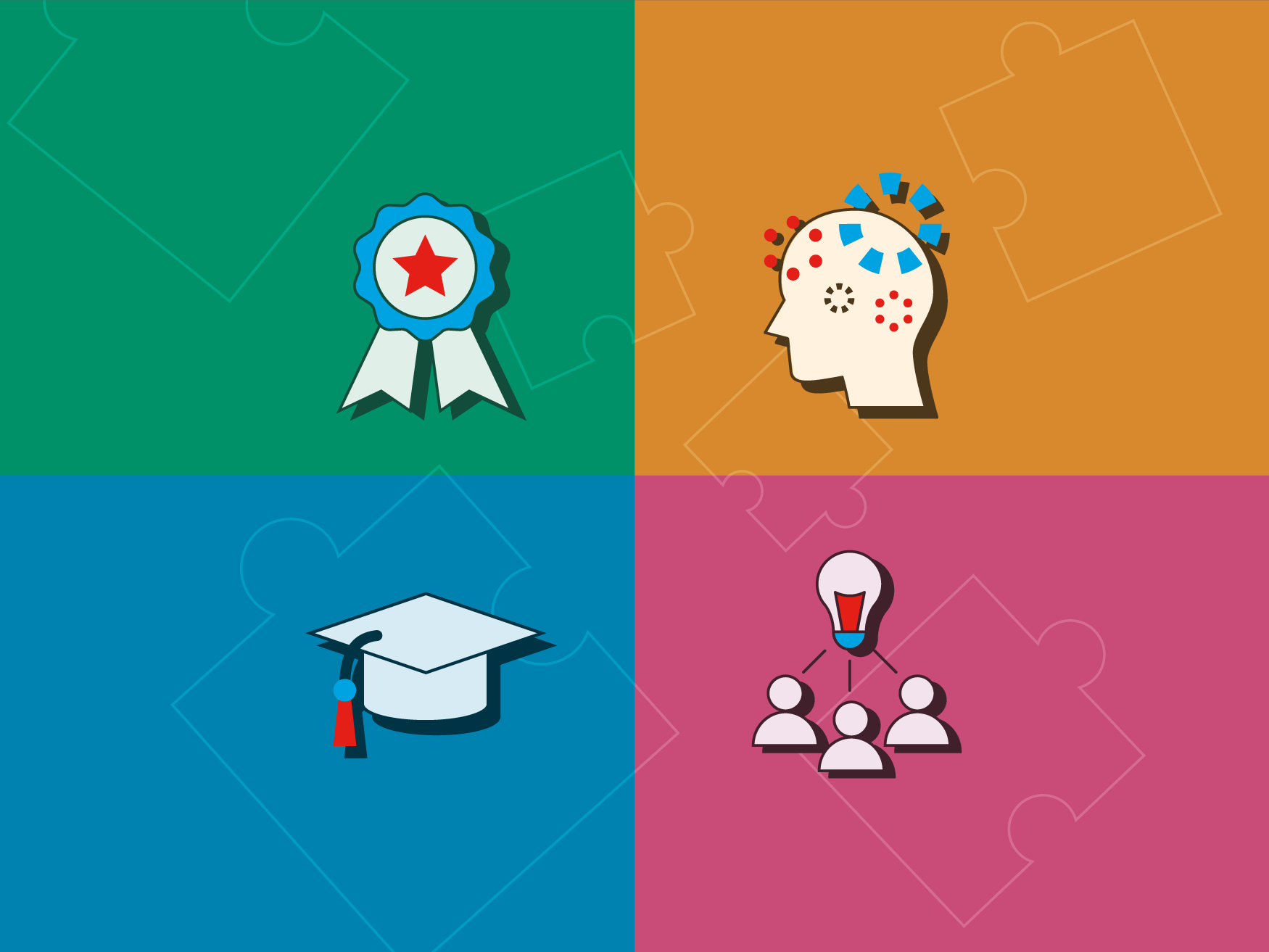The missions of the IAS
The Institute for Advanced Studies (IAS) has four main missions:
- To leverage bold and interdisciplinary research at the very forefront of science.
- To represent the University of Luxembourg’s principles of excellence, interdisciplinarity and internationality.
- To build bridges between the University’s community, international visitors and Luxembourg society.
- To contribute to the attraction and retention of international talent.
The University of Luxembourg is a research-oriented University in a country that nurtures and promotes its research and innovation ecosystem, aiming at a knowledge-based economy at the heart of Europe. After more than 20 years of existence, the University of Luxembourg has become an epicentre for creating new knowledge and technology, with both local and global socio-economic and cultural impact.
The University of Luxembourg wishes to overcome boundaries between disciplines and sectors, and considers that an increased interdisciplinarity is among the stakes of the University’s and Luxembourg’s next steps in its international research and innovation development.
Number of IAS funding instruments involved in the different Faculties and Interdisciplinary Centres of the University of Luxembourg
Legend: Funding instruments

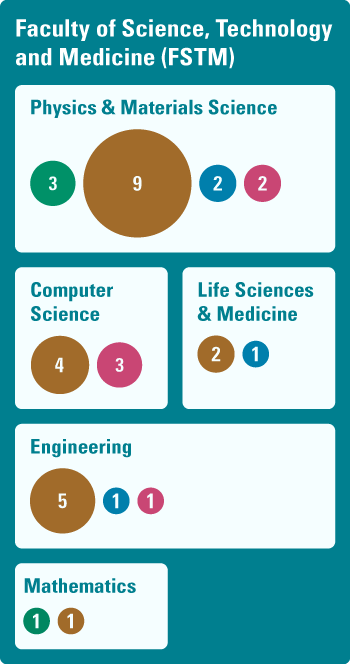
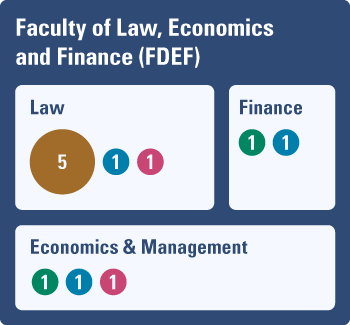
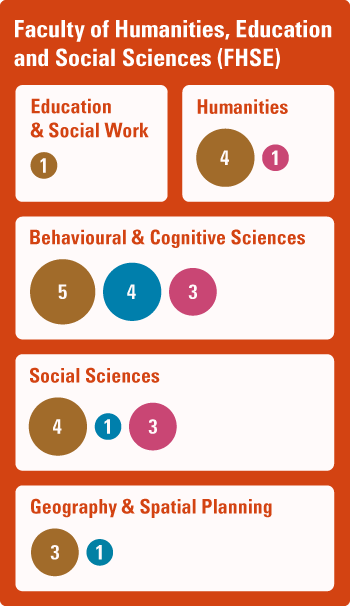
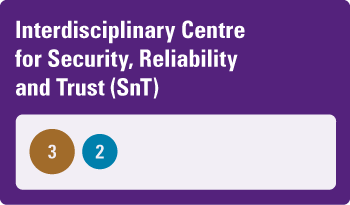
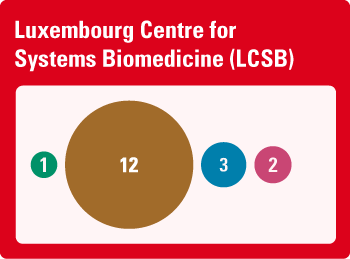
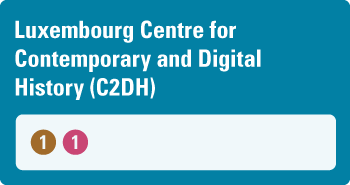
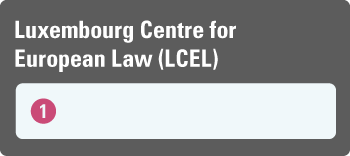
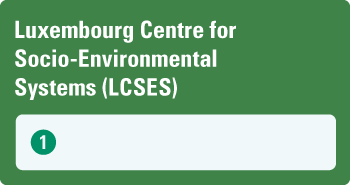
Events, workshops, and doctoral defences related to IAS projects
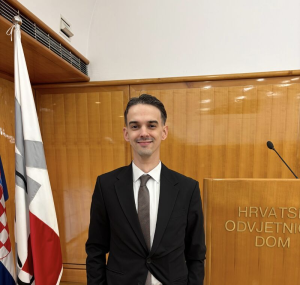
 Wednesday 11 MarchCourses and workshops, Free of charge, In-person event
Wednesday 11 MarchCourses and workshops, Free of charge, In-person eventArts Criticism and Ideology in the Age of Cancel Culture
Learn more
 Wednesday 29 AprilCourses and workshops, Free of charge, In-person event
Wednesday 29 AprilCourses and workshops, Free of charge, In-person eventMounting Challenges for Europe Impose the Need for New Research and Innovation Strategies – How to Unlock the Under-used Potential of European Academia
Learn more Wednesday 03 JuneCourses and workshops, Free of charge, In-person event
Wednesday 03 JuneCourses and workshops, Free of charge, In-person eventUnraveling Trauma: Experimental Insights into Intrusive Memories and Their Treatment
Learn more Wednesday 23 SeptemberCourses and workshops, Free of charge, In-person event
Wednesday 23 SeptemberCourses and workshops, Free of charge, In-person eventA Look into Einstein's Universe
Learn more
Detailed agendas to come. Do not hesitate to contact Sylvie Fromentin or Véronique Schaff for more information and registration.
The Institute for Advanced Studies
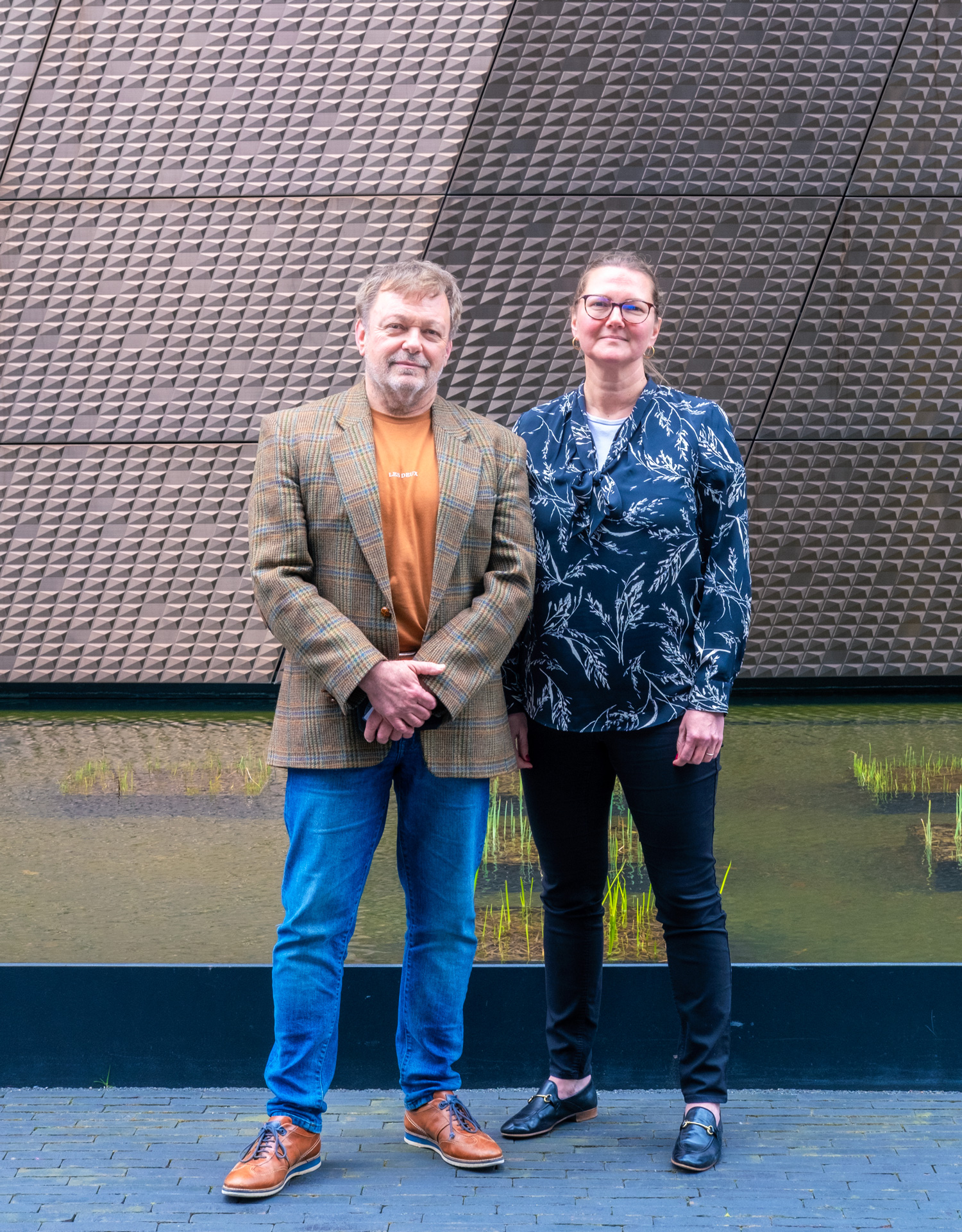
Prof. Claus Vögele, Head of the IAS and Dr. Sylvie Fromentin, IAS Project Manager
Claus Vögele has headed the Institute for Advanced Studies (IAS) since 1 October 2022. The Professor of Clinical and Health Psychology has ambitious plans for the initiative founded in 2020. “With the IAS, we want to help interdisciplinary thinking make its breakthrough at the University of Luxembourg,” Vögele says
Like most research institutions, the University of Luxembourg currently conducts much of its excellent research within the disciplinary boundaries of individual departments. The IAS aims to change this by supporting only projects that bring together at least two disciplines. “These collaborations must be on an equal footing,” Vögele explains. “Only proposals that convincingly demonstrate clear knowledge gains or shared data benefits for all participating disciplines are eligible for IAS funding.” Guided by this principle, the IAS has already funded several research projects, with results published in leading international journals.
Vögele’s vision extends even further. “Interdisciplinarity grows out of personal communication and human interaction,” he says. To foster this, he is advocating for the IAS to join the international UBIAS network, the University-Based Institutes for Advanced Studies. In the long term, he also believes the IAS should have its own dedicated space: “Interdisciplinary researchers need a place to come together at the University of Luxembourg—a true home for the IAS.”
Contact
If you have any question relative to IAS and its funding instruments, you can send an email to:
Prof Claus VÖGELE
Full professor Health Psychology – Head of the Institute for Advanced Studies
